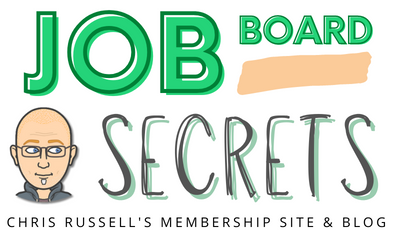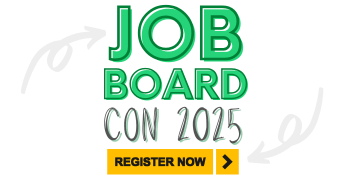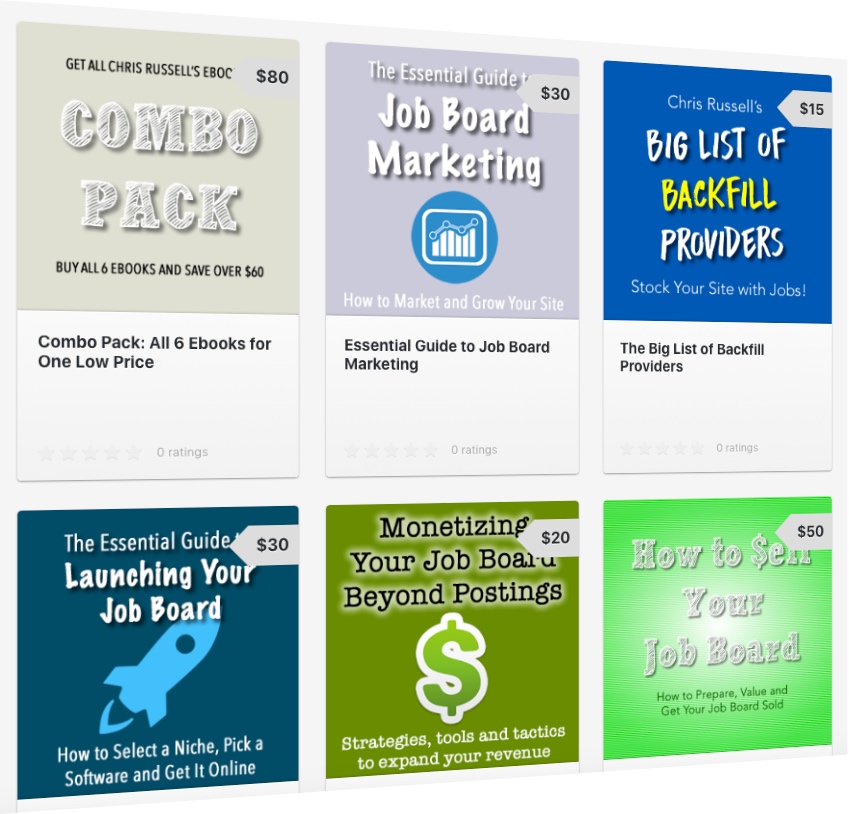In this insightful discussion, industry veteran Sean Horton shares his expertise on selling and prospecting strategies for job boards, particularly focusing on niche markets like the logistics and transportation industry. With 15 years of experience, including roles at CareerBuilder and Jobs and Logistics, Horton provides valuable insights for job board operators looking to improve their sales approach and connect with employers effectively.
Horton emphasizes that the key to selling a job board to employers lies in truly understanding your own platform and what it offers. He stresses the importance of knowing your traffic, conversion rates, and the specific value you bring to the table. This deep understanding allows you to better position yourself and find the right fit for potential clients.
When it comes to crafting your message, Horton advises focusing on quality over quantity, especially for niche job boards. He explains that while general job sites like Indeed might boast thousands of applicants, niche boards can offer a more targeted, qualified pool of candidates. The emphasis should be on conversion rates and the ability to provide employers with candidates who are not only interested but also qualified and dedicated to the role.
Horton shares a success story from his time at Jobs and Trucks, where he worked with a healthcare provider that needed to hire CDL drivers. By understanding both the client’s needs and the nuances of the trucking industry, Horton was able to help the company refine its job descriptions and messaging to better attract the right candidates. This example highlights the importance of being an advisor to your clients and truly understanding their industry and challenges.
When it comes to prospecting and business development, Horton advocates for thinking outside the box. Instead of solely targeting obvious big players like Amazon, he suggests looking for unique avenues where you can insert yourself and generate value. This approach allows you to build case studies and successes that you can later leverage when approaching larger organizations.
One of the most interesting insights Horton shares is the continued effectiveness of cold calling in today’s digital age. He argues that in a world inundated with emails and LinkedIn messages, a personal phone call can actually help you stand out. Horton emphasizes the importance of meeting clients where they are comfortable, whether that’s through calls, emails, or even text messages.
Attending industry events and networking in person is another strategy Horton highly recommends. He shares his experience at the Mid-America Truck Show, highlighting how face-to-face interactions can lead to valuable connections and opportunities. These events also provide a chance to understand your audience better and stay current with industry trends.
Horton stresses the importance of building and maintaining a strong personal brand. He shares an anecdote about how wearing a bow tie to industry events became his signature look, making him easily recognizable and memorable. This kind of personal branding can help you stand out in a crowded market and create lasting impressions with potential clients.
When it comes to pricing strategies for job boards, Horton leans towards fixed-cost models, especially for niche markets. He cautions against race-to-the-bottom pricing strategies like cost-per-click models, arguing that they can potentially devalue your offering and erode credibility. Instead, he advocates for pricing structures that reflect the value and quality of your niche audience.
Horton also touches on the challenges facing specific industries, such as the ongoing driver shortage in the trucking sector. He provides a nuanced view of the situation, explaining that the severity of the shortage can vary depending on factors like company size, diversification of clients, and the quality of jobs offered. This insight underscores the importance of understanding the complexities of your target industry when operating a niche job board.
For job boards targeting hard-to-find candidates, Horton emphasizes the need to understand and align with the candidate’s world. Using the example of truck drivers, he explains the importance of having a mobile-friendly site and application process, given that many drivers spend most of their time on the road. He also stresses the value of attending industry-specific events to truly understand and connect with your target audience.
Throughout the discussion, Horton repeatedly emphasizes the importance of understanding your audience, whether it’s employers or job seekers. This deep understanding should inform everything from your messaging and outreach strategies to the features and user experience of your job board.
Key takeaways from Horton’s insights include:
- Focus on understanding your job board’s unique value proposition
- Emphasize quality over quantity, especially for niche markets
- Don’t underestimate the power of personal outreach, including cold calling
- Attend industry events to network and gain deeper insights into your target market
- Build a strong personal brand to stand out in the industry
- Consider fixed-cost pricing models to maintain value in niche markets
- Align your platform and strategies with the realities of your target audience
- Stay informed about the complexities and challenges facing your target industries
In conclusion, Horton’s advice serves as a valuable guide for job board operators looking to improve their sales and prospecting strategies. By focusing on understanding your audience, providing genuine value, and maintaining a strong presence in your niche, you can set your job board apart in an increasingly competitive market. Remember, success in this industry comes not just from having a great platform, but from truly understanding and serving the needs of both employers and job seekers in your target market.



